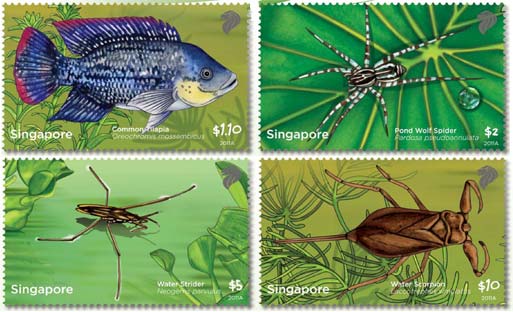Initial assessments that considered these insecticides harmless to aquatic organisms may have led to a relaxation of monitoring efforts, resulting in the worldwide contamination of many aquatic ecosystems with neonicotinoids. The decline of many populations of invertebrates, due mostly to the widespread presence of waterborne residues and the extreme chronic toxicity of neonicotinoids, is affecting the structure and function of aquatic ecosystems. Consequently, vertebrates that depend on insects and other aquatic invertebrates as their sole or main food resource are being affected. Declines of insectivore bird species are quite evident so far, but many other terrestrial and amphibian species may be at risk.
Solutions must be found soon if we are to save the biodiversity not only of aquatic ecosystems, but all other ecosystems linked by the food web. Since the prophylactic use of seeds treated with neonicotinoids is responsible for most of the soil and aquatic contamination, while there is evidence of little productivity gain, one obvious solution is to stop the marketing of seeds coated with these insecticides and use alternative and carefully targeted methods for pest control in agriculture, such as integrated pest management (IPM). At the same time, remediation systems based on photolytic processes and wetlands phyto-remediation should be implemented to reduce as much as possible the current contamination by these and other pollutants.
Source:
Francisco Sánchez-Bayo, Koichi Goka and Daisuke Hayasaka. Front. Environ. Sci., 02 November 2016 | http://dx.doi.org/10.3389/fenvs.2016.00071

- Login om te reageren
